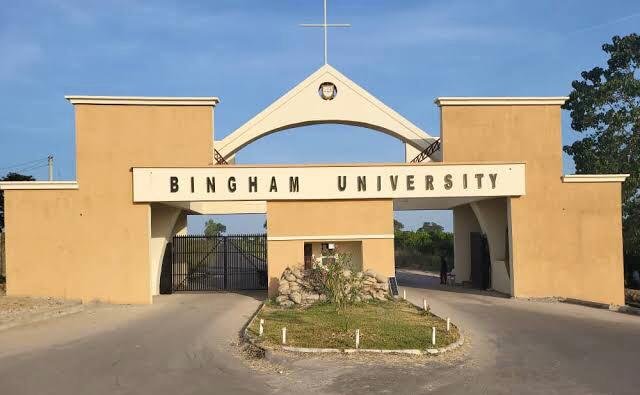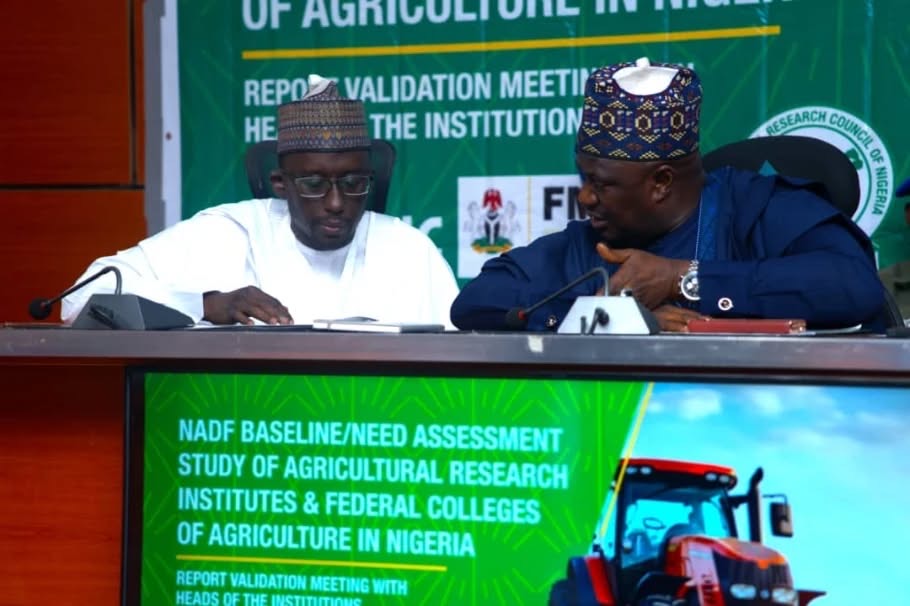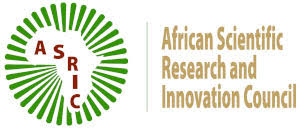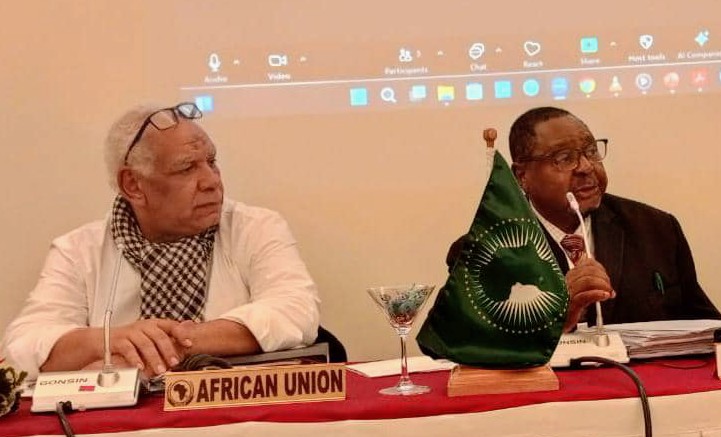Alausa inaugurates research committee, targets N50m grant for tertiary education
By Funmilayo Adeyemi
The Federal Government has inaugurated a high-powered Ministerial Committee that will drive the commercialisation of research outputs from the country’s tertiary institutions.
The Minister of Education, Dr Tunji Alausa, while inaugurating the Research and Innovation Commercialisation Committee (RICC) in Abuja on Wednesday, said the initiative would bridge the gap between academia and industry.
This, he said, would also turn homegrown research into commercially viable products and services.
The minister added said the development aligned with President Bola Tinubu’s Renewed Hope Agenda of transitioning Nigeria from a resource-based economy to a knowledge-driven one.
“Nations that have achieved sustainable development and global competitiveness have done so by investing in knowledge creation and, more importantly, in effective commercialisation of research outputs,” he said.
Alausa explained that the ministry, through the Tertiary Education Trust Fund (TETFund), had already rolled out several impactful projects to boost research, including the provision of central multipurpose laboratories, alternative energy for campuses and medical simulation centres.
Acknowledging that in spite of vibrant academic community and decades of groundbreaking research, the country still struggles to scale innovations into real-world solutions.
He said “the weak link between academia and industry has limited our ability to reap the enormous benefits of research. This committee will serve as a strategic bridge between both worlds.
“The commercialisation of research outputs will not only generate revenue for institutions and researchers but will also enhance Nigeria’s self-reliance, improve the innovation index, and attract international investments,” Alausa noted.
The minister also announced a N50 million Student Grant Venture Capital Initiative to support scaling student-led enterprises in Nigeria’s tertiary institutions.
According to him, the scheme will be anchored by TETFund in partnership with the Bank of India.
“This will target undergraduate students in 300-level and above with viable business models and innovations ready for market expansion.
“We have hundreds of thousands of young geniuses across our institutions. This fund is designed to unlock their potential and help them build globally competitive enterprises,” the minister said.
Responding, the Committee Chairman, Dr Tayo Aduloju, CEO, Nigerian Economic Summit Group (NESG), outlined the RICC as “a matter of national urgency.”
Aduloju noted that Nigeria’s research investment as a percentage of GDP is among the lowest when compared to peer nations.
He added that “if Mr President’s ‘Nigeria First’ policy is to truly drive transformation, then innovation capital must lead the charge.
“The private sector has been disconnected for too long. We are committed to building institutional linkages that last beyond this Committee’s lifespan.”
The News Agency of Nigeria (NAN) reports that the committee was chaired by Aduloju.
Other members are Prof. Ibrahim Katampe, Dr Umar Bindir, Prof. Sydney Ibeanusi, Dr Detoun Ogwu, and representatives from the Federal Ministry of Science and Technology, the Bank of Industry, Manufacturers Association of Nigeria (MAN), and Nigerian universities, among others. (NAN)
Edited by Hadiza Mohammed-Aliyu













